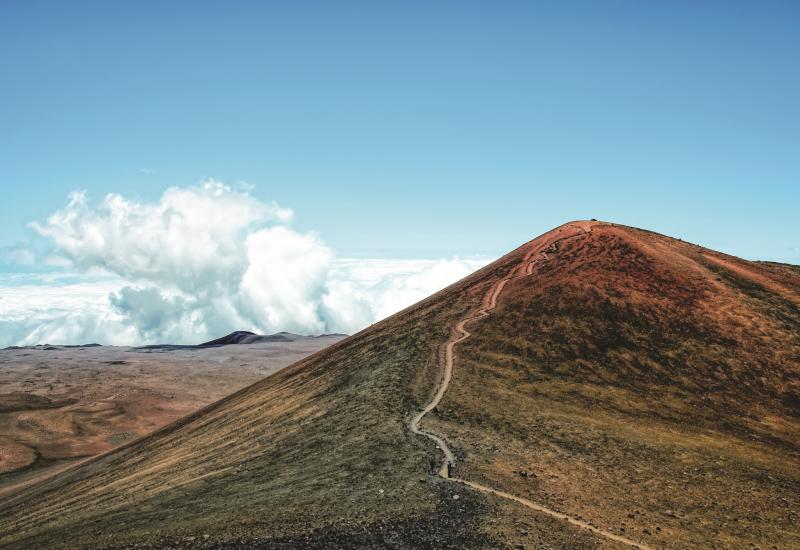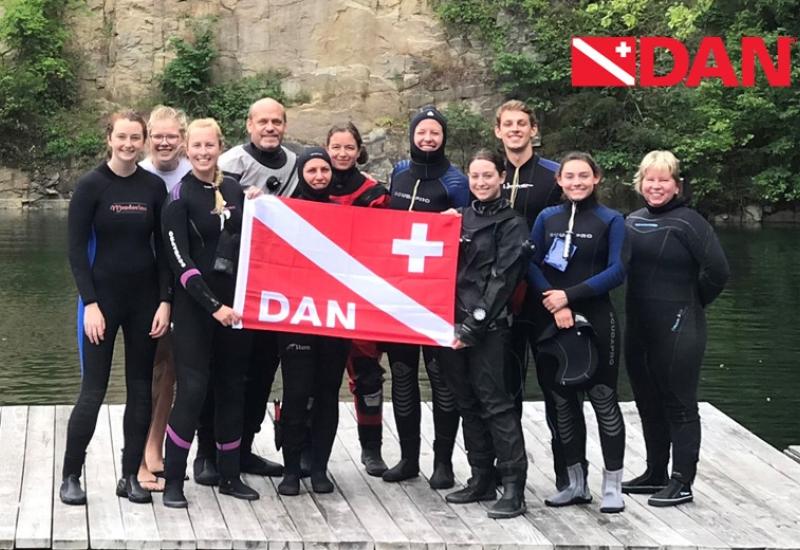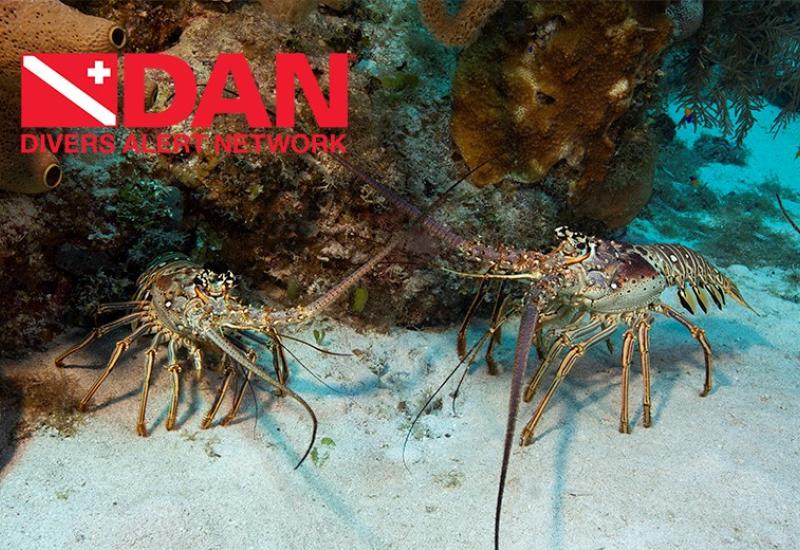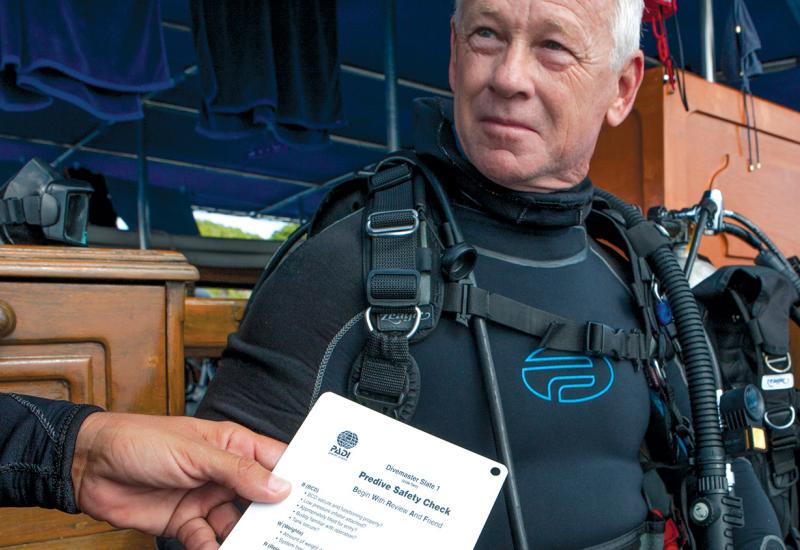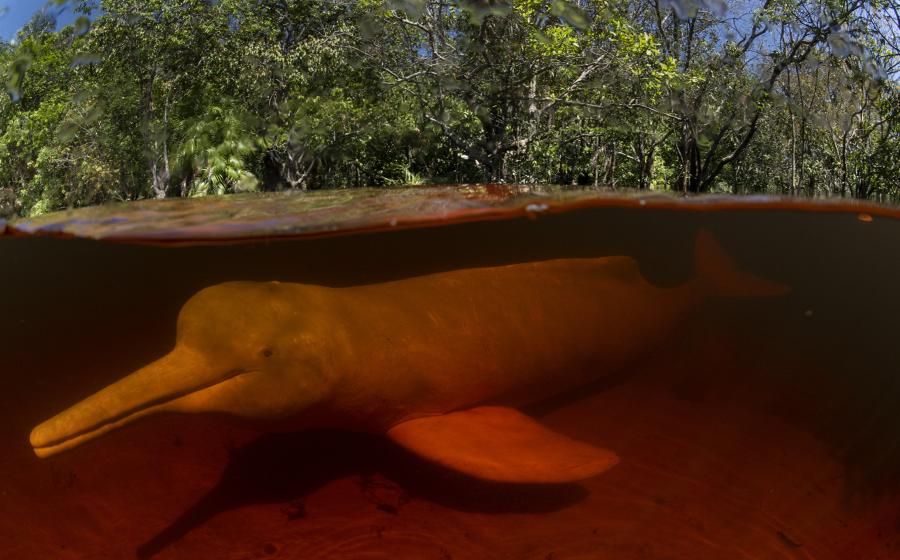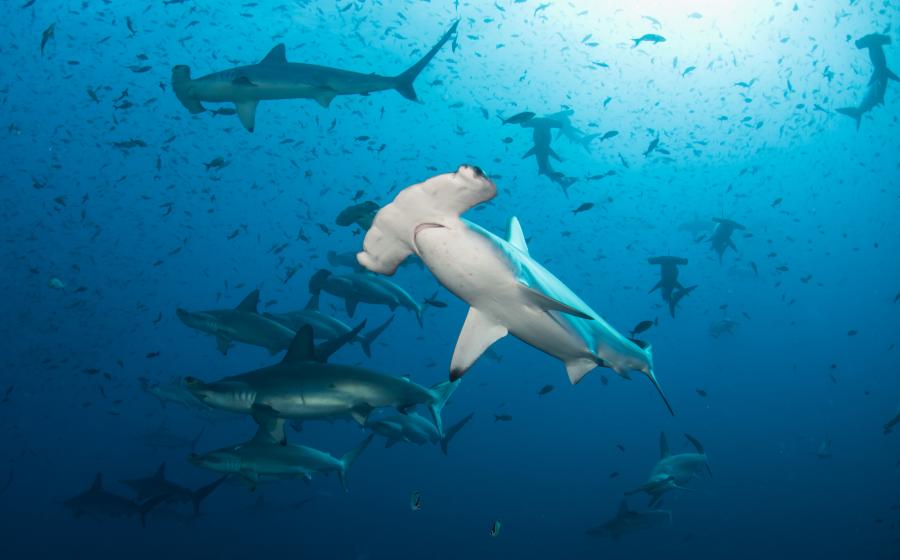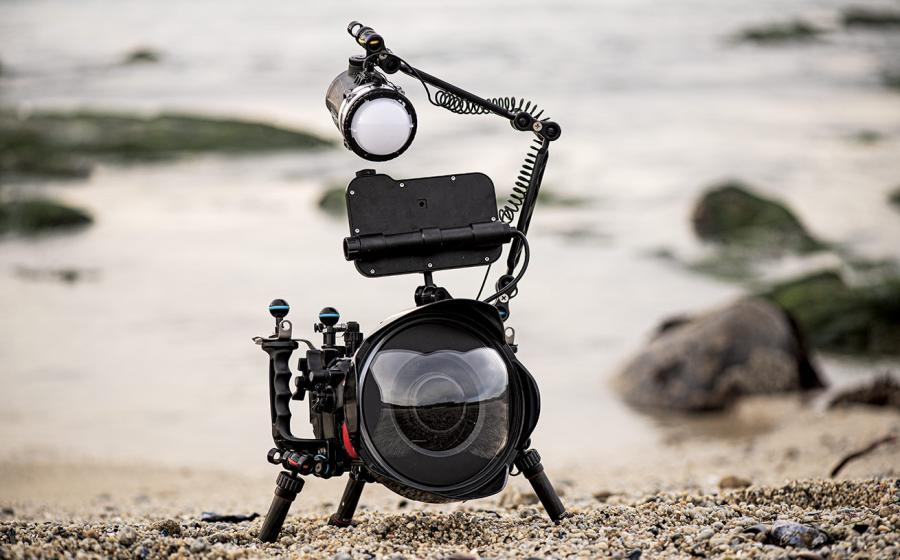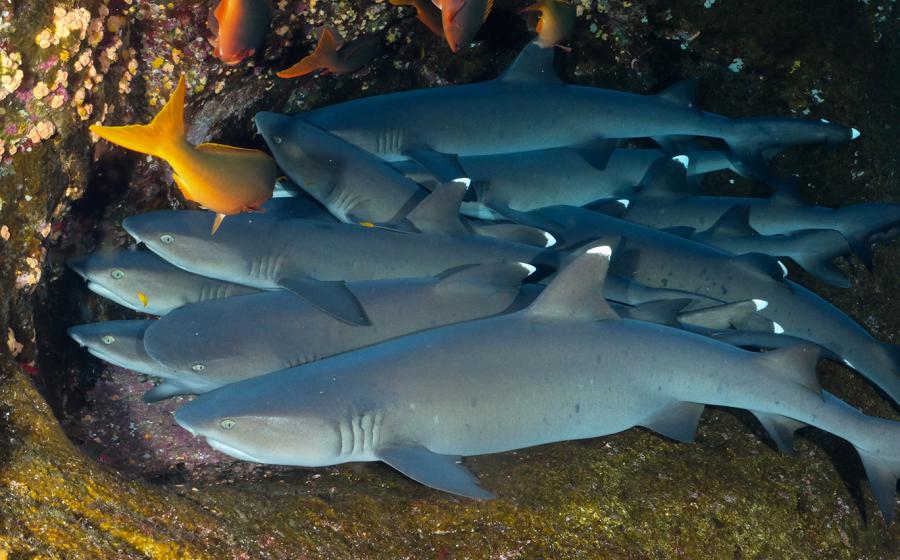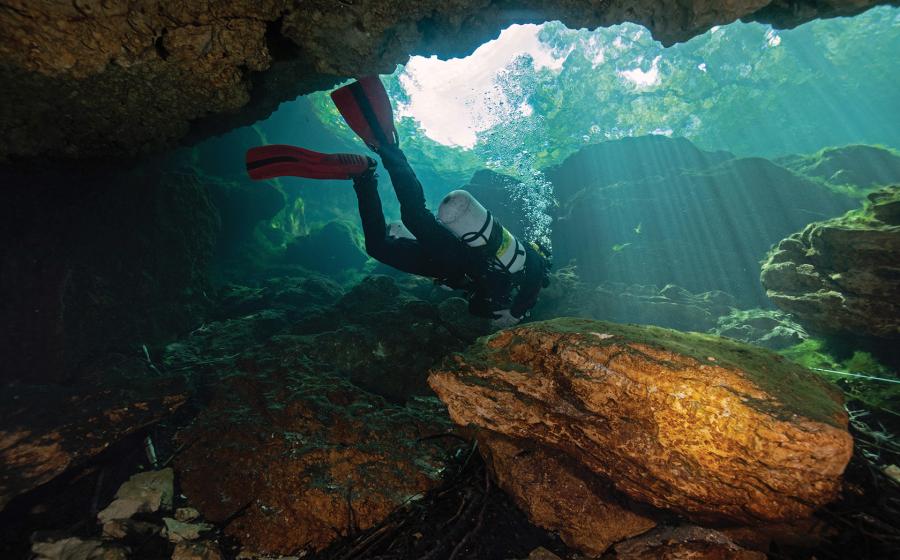Ask DAN: How Can I Prepare for Lobster Season?
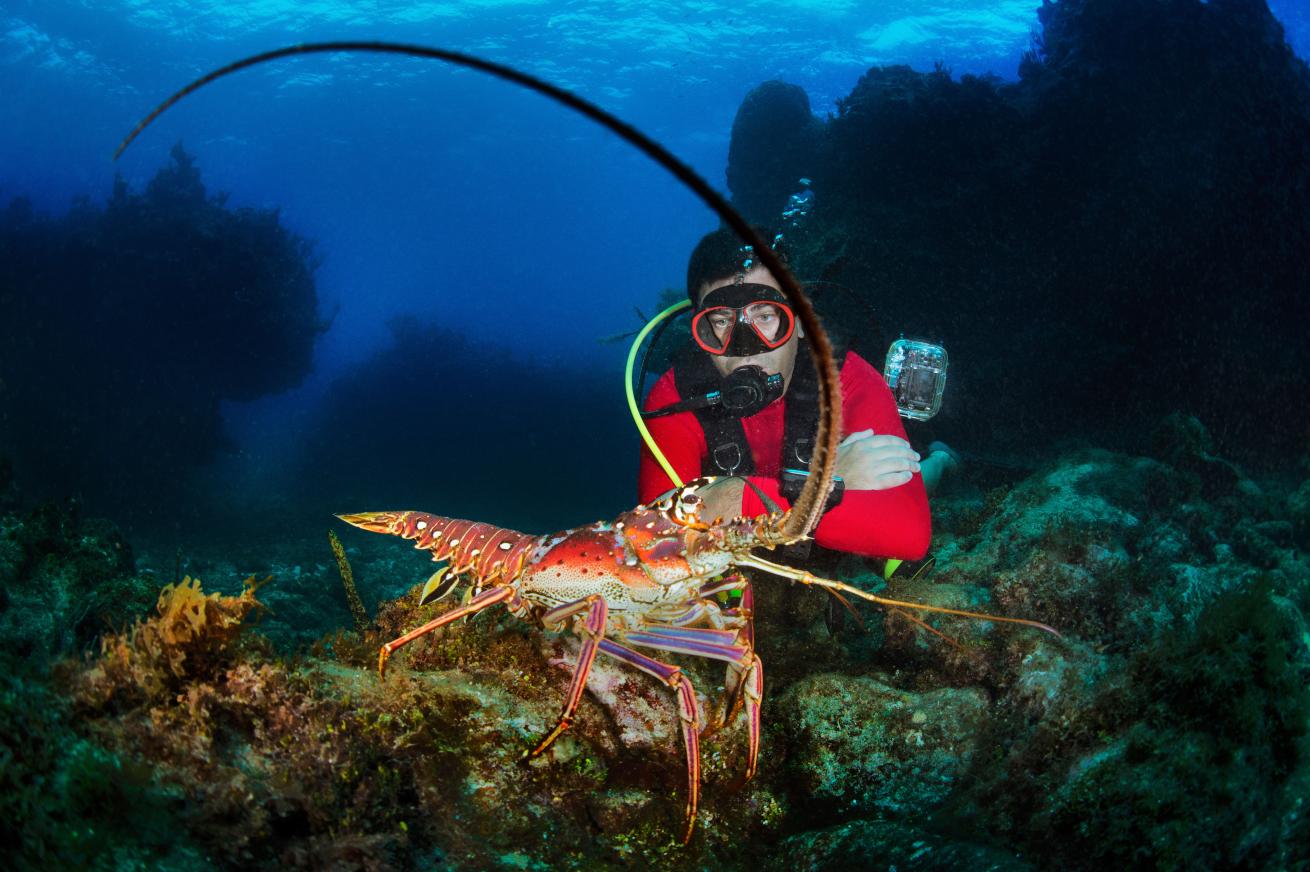
iStock photoAsk DAN: How can I prepare for lobster season?
www.DAN.org/health
I recently received my open-water certification and want to try lobster diving with my dive buddies. I’m in good physical shape, but keep reading about diver injuries and deaths during bug season. What can I do to stay safe?
What causes accidents during lobster season?
Lobster season occurs annually from August through March and October through March in Florida and California, respectively. Unfortunately, each season is tarnished by accidents, and the causes are not always clear. More accidents seem to occur closer to the beginning of the season — particularly during Florida’s mini season — potentially due to the greater activity as divers rush to get started. This, combined with the competition resulting from restricted bag limits, could be encouraging a culture that does not put safety first.
Lobster hunting is physically demanding.
Maintaining your general health and having an understanding of hunting’s physical demands will help you prepare and manage your risk. Spurts of rapid fin-kicks or whole body movements and the need to manage hunting equipment can be physically challenging. Remote hunting locations may reduce competition with other hunters but may require you to haul gear over rough terrain or in close proximity to environmental hazards, i.e. rugged coastal entry points. Diving during inclement weather may involve swimming in strong currents and shore surges. Do not overweight yourself. Catching the legal harvesting limit may give you bragging rights, however, it may also be more than you can safely carry.
Proper training and preparation.
Hunting is goal-oriented, which can distract a diver from tasks like managing gas, buoyancy control or good buddy practices. Performance can also wane during the off-season, so it’s important for divers to maintain strong, foundational diving skills. Sustaining peak diving performance can also help to alleviate stress that may result from the need to multi-task. Although night diving is ideal for drawing out the spiny delicacies, diving in the dark may present significant risks for less experienced divers. Lobster season extends through the winter months, so divers should also make proper thermal considerations. We highly recommend that you, as well as any diver with little to no experience hunting, take a class on the fundamentals of bug hunting. Classes are often available through dive shops, clubs and dive groups.
Making smart choices.
The opportunity to hunt for lobsters recreationally is an exciting draw for many divers. Making smart choices about your dive fitness and skill preparation can pay huge dividends. Enroll in a refresher course and practice key skills prior to getting into the water. Make sure you can manage the gear you will need and that the equipment is properly serviced. A proper medical evaluation will help rule out any health issues that may increase your risk. Finally, consider beginning your season after opening week and when environmental conditions are best to reduce potential risks. Early preparation will ensure you get up to speed without any pressure.
For more information on diver safety, visit DAN.org.

